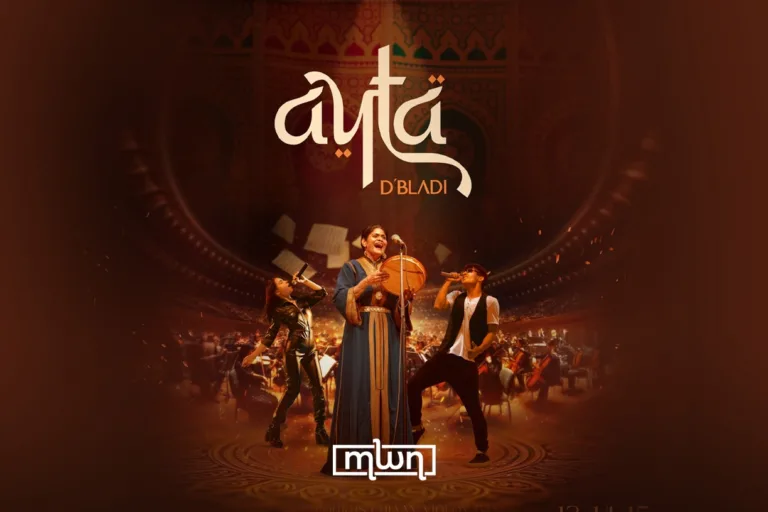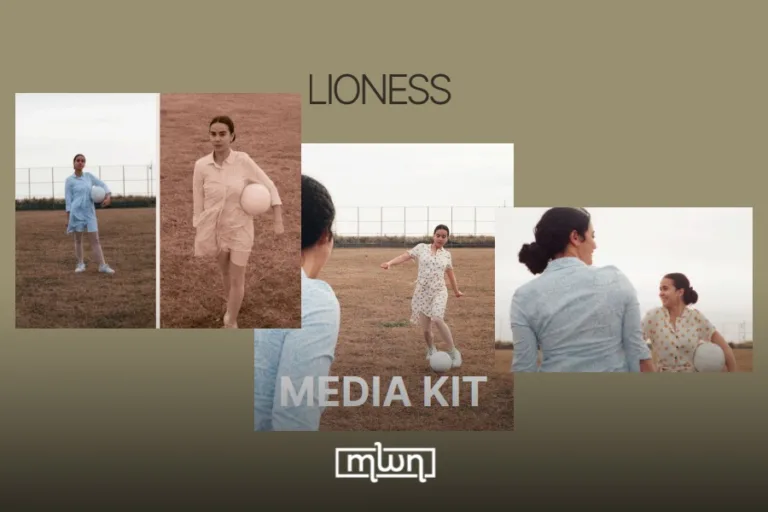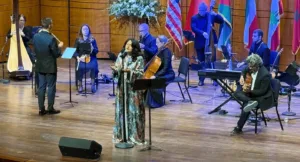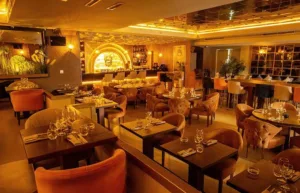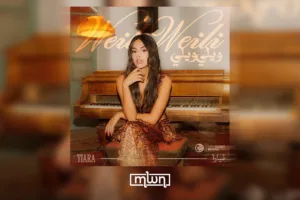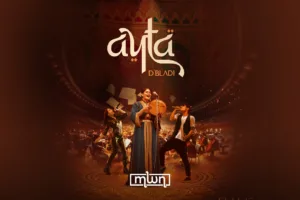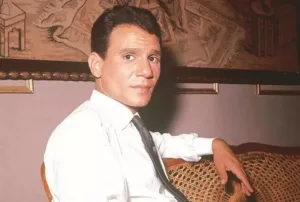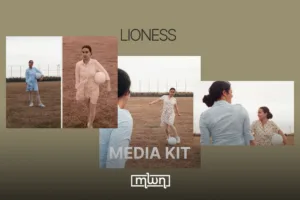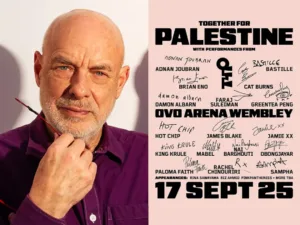Moroccan ambassador for electronic music and DJ producer Amine Akesbi, also known by his stage name Amine K, demonstrates the intrinsic link between music and migration. From Rabat to Ibiza, through the four corners of the world, Amine K has turned electronic music into his destiny.
Amine K developed a love for music at a young age when his uncle gave him an old mixer. Before converting his passion into a profession, he studied finance in Australia and France. In 2001, while he was in a Beirut night club, he realized that music would define his life.
The majority of Amine’s productions are dedicated to his Moroccan roots, but his musical inspirations range from classic, old-school, to progressive and tribal styles.
Amine K told Morocco World News (MWN) that “as a musician, I have a voice to raise because people listen to me. I once supported the idea of Federation De La Gauche Democratique but I am not affiliated to any political party. I think that you can be involved in politics without being in a political party.” That being said, Amine K shows a multifaceted engagement, reflected through his songs and on a personal level.
The creation of a storytelling track

DJ Amine K
“Tiniri,” which means Sahara in Tamazight, was recorded in Marrakech. It combines Arabic vocals, traditional Moroccan instruments, melodic house, and techno.
In an interview, Amine K specified that the choice of the title refers to the vibrations of the desert and that it is entirely detached from the political theme of the Sahara dispute.
The musician adds that the idea of tackling the theme of Moroccan migration is the idea behind Gnaoua band Comptoir Darna, who he worked with on the release of the track.
The lyrics, written entirely in Darija, highlight the disparity between the expectation of a better life in a foreign country and the reality faced by Moroccan migrants.
The translated lyrics read: “This is my situation in people’s land. We did not find a job to work and with that we are wasted. Coal tar in my country is better than honey of foreign countries.”
Amine K uses his music to communicate that the hardships that migrants encounter in their original countries are better than the mere opportunities presented in foreign host countries.
The DJ told MWN: “There is a lot of social pressure in Morocco about the idea of going abroad…When people go abroad and do not find work, they are ashamed to go back to their country just to show to their family that they did not succeed.”
Amine K uses Darija so that his message reaches a wider audience. In addition to the language of the lyrics, the choice of instruments is strategic.
The Guembri, a plucked string instrument, and Krakeb, a large iron castanet-like instrument, is linked to the Gnaouas while the Darbouka, a percussion instrument, underlines the Arab identity and culture.
Amine K emphasizes that “we created this piece not [just] for Moroccans but for everybody. Most people abroad are not familiar with Gnaoua’s music. The idea is to make it more accessible to everybody.”
Considering the aspect of inclusivity, the lyrical content and the instruments aim to capture emotions that everyone, migrants and non-migrants alike, can identify with.
The track provides a better understanding of the way migrants view their own migratory experience and their host society as well as how they are perceived by their hosts.
“Tiniri” is particularly interesting as it not only mirrors the perceptions of Moroccan migrants, but also informs them in a way that does not necessarily appear in academic or creative literature.
Such tracks emphasize some of the assets of music as a source of migration analysis over other formats. Music is a universal, democratic and wide-spreading language both in its production and consumption, while literature is more restricted, with a barrier to entry that might be too high for some people.
Beyond the song

Moroccan DJ Producer Amine Akesbi, also known as Amine K
The flow of Moroccan migration has become globalized resulting in new immigration destinations and profiles. Initially, Moroccan migration was mainly to European countries, migrants were predominantly male, temporary, and looking for work.
During the past 30 years, migration has undergone profound changes, namely regarding the increase in women and younger migrants and a wider diversity of ethnic groups.
Migration of Moroccans has shifted from the traditional immigration countries of western Europe to new destinations such as North America, the Middle East and even other places in Africa, breaking the stereotypes around a Eurocentric and exclusively male Moroccan migration.
Unlike what is generally believed, Moroccans’ intention to emigrate is moderate. According to a 2018-2019 survey from the High Commission for Planning (HCP), less than a quarter of non-migrants wish to emigrate, with an accentuated tendency among younger, more educated unmarried, and unemployed demographics to emigrate.
The main reasons for the emigration of Moroccans are employment, education, and training, and finally seeking a better standard of living.
According to the survey, only 20% of potential migrants declared that they have a specific plan to emigrate. In addition, more than 70% of non-migrants did not express a desire to emigrate and only a minority have attempted to emigrate without success.
These results show that Moroccans’ intentions to emigrate are more of a wish than a plan that they act upon.
Existing narratives of African migration are based mainly on the misconception of irregular migration from the south to the north. According to the 2020’s IOM report, African migration across the Mediterranean has declined significantly since 2015. On a global scale, Africa has less international mobility than other regions of the world and African migrants represent only about 14.1% of international migrants.
A recent IOM report shows that between 2005 and 2013, Moroccan media changed people’s perception of migration, mainly through a human and positive approach to it. As a result, Amine K’s music could identify more with the young Moroccan audience who may hold different views on immigration.





